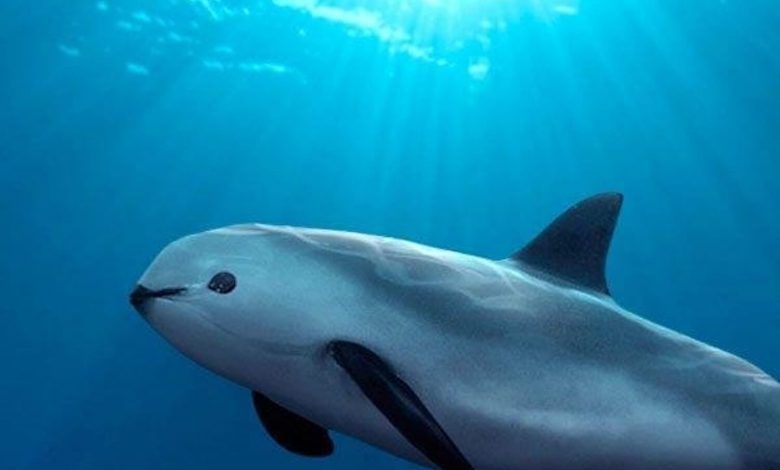USTR to review vaquita case in the USMCA agreement

The United States Trade Representation (USTR) informed that it will continue to review the vaquita case in relation to possible violations by Mexico in the Treaty between Mexico, the United States and Canada (USMCA).
«USTR will continue to actively monitor this issue and analyze any potential non-compliance with the environmental obligations of the USMCA,» it said.
For decades, the protection and conservation of the vaquita porpoise and the illegal capture and trade of totoaba has been a high-profile fisheries issue. Both CITES Appendix I species are endemic to the Gulf of Baja California in Mexico.
Entanglements in gillnets are the leading cause of vaquita mortality.
«However, despite this being a widely recognized fact, fishermen continue to use illegal gillnets to fish for totoaba to supply China‘s illicit market demand for totoaba swim bladders and to fish for other commercial species (e.g., shrimp) with impunity,» added the USTR.
In 2021, the International Union for Conservation of Nature reported that there were approximately 10 vaquita porpoises remaining.
The United States and Mexico have jointly undertaken significant efforts to address this issue under the Marine Mammal Protection Act.
However, USTR questioned, the evidence shows a persistent lack of effective enforcement of these measures by Mexican authorities.
Moreover, the evidence suggests that organized criminal networks perpetuating the illegal harvest and trade of totoaba swim bladders «remain active and undeterred» in Mexico.
Vaquita
For example, since the establishment of the USMCA, numerous seizures of totoaba swim bladders have been reported in East Asia, Mexico, and the United States, indicating that illegal totoaba harvest and trade remain robust.
USTR continues to work closely with NOAA, DOS, USCG, FWS, and the government of Mexico on this issue.
On February 10, 2022, USTR initiated environmental consultations with Mexico under Article 24.29 of the T-MEC to address concerns about the effectiveness of Mexico’s enforcement of environmental laws and Mexico’s compliance with Articles 24.4 (Environmental Enforcement), 24.8.4 (CITES), 24.18 (Sustainable Fisheries Management), 24.19 (Conservation of Marine Species), 24.21 (IUU Fishing), and 24.22 (Conservation and Trade).
USTR held initial meetings with Mexico on March 29-30, 2022, and consultations are ongoing.
The USTR continues to closely monitor the implementation and enforcement of measures to protect the vaquita and prevent illegal fishing and totoaba trafficking.
Recent media reports have described concern over proposed new actions regarding this issue.
According to these reports, INAPESCA, CONAPESCA and SEMARNAT are in discussions to propose downlisting the totoaba from CITES Appendix I to Appendix II at CoP19.
USTR
These reports also suggest that the Secretary of the Navy is planning to build a sea wall in the Zero Tolerance Area to prevent illegal fishing and more effectively protect the vaquita, which has raised serious concerns among marine scientists and vaquita experts.
Mexico continues to struggle to address the ongoing unauthorized activities of its fishing vessels in the U.S. waters of the Gulf of Mexico.
The illegal activities of these vessels, known locally as lanchas, have harmful effects on U.S.-managed fish stocks, including red snapper and sharks, as well as bycatch of protected sea turtles.
Reports from the USCG and NOAA indicate that motorboat incursions into the U.S. Exclusive Economic Zone have increased in the last year.
USTR has been working closely with NOAA, DOS, the USCG and the government of Mexico on this issue, both through MPA consultations and as a member of the Gulf of Mexico IUU subworking group established under the Maritime Safety and Fisheries Enforcement (SAFE) Act.
![]()

